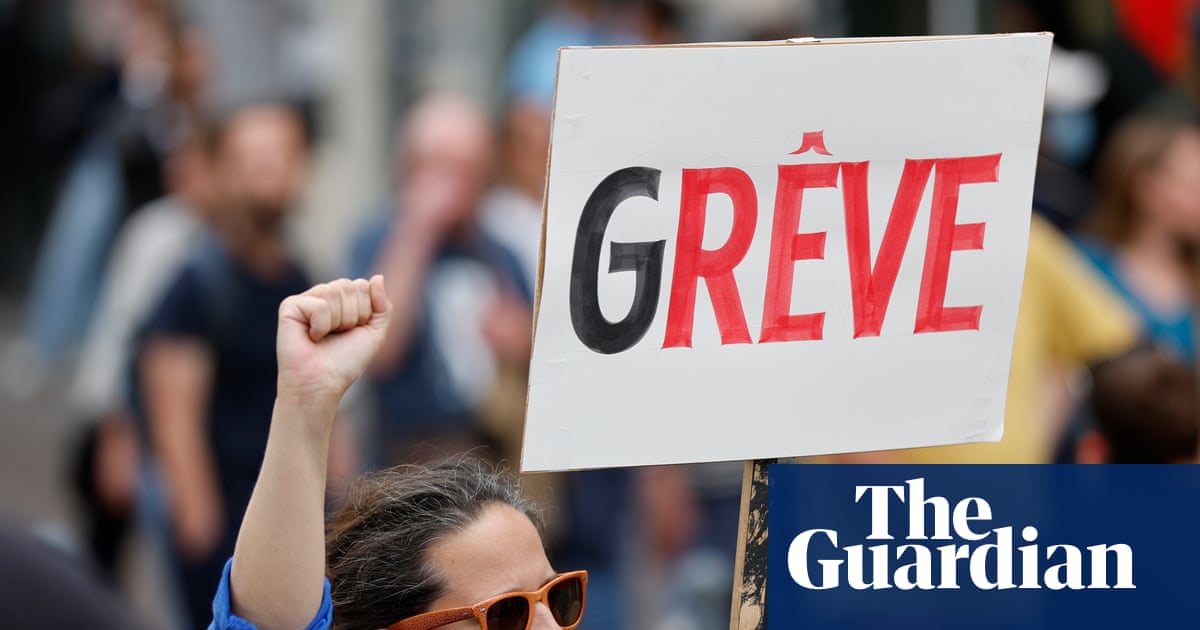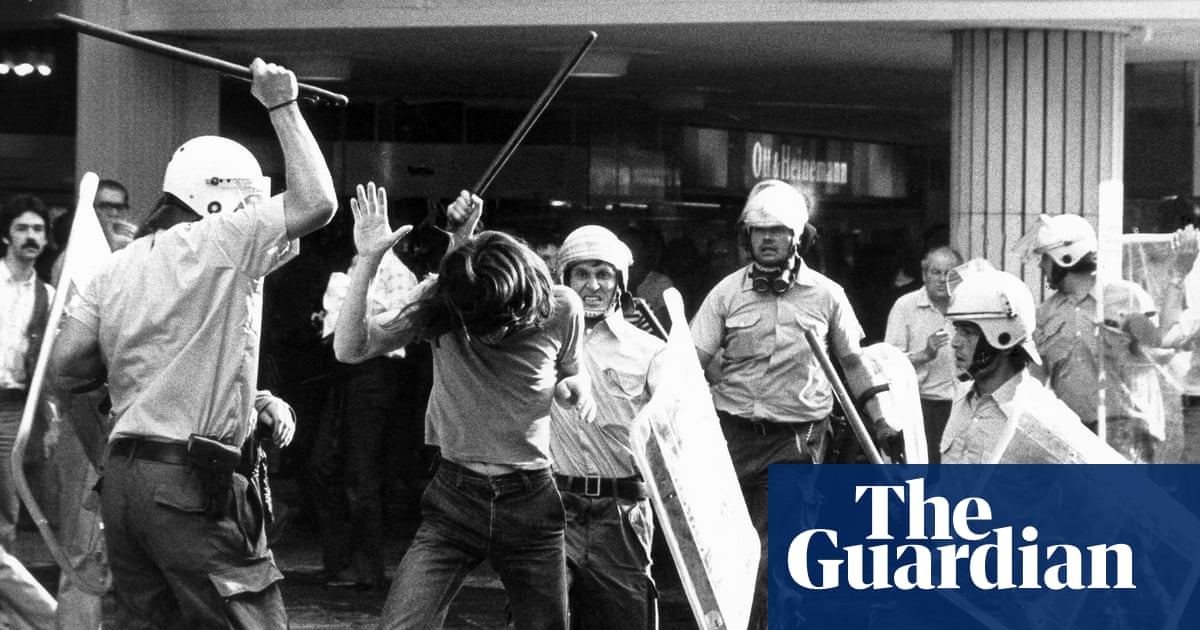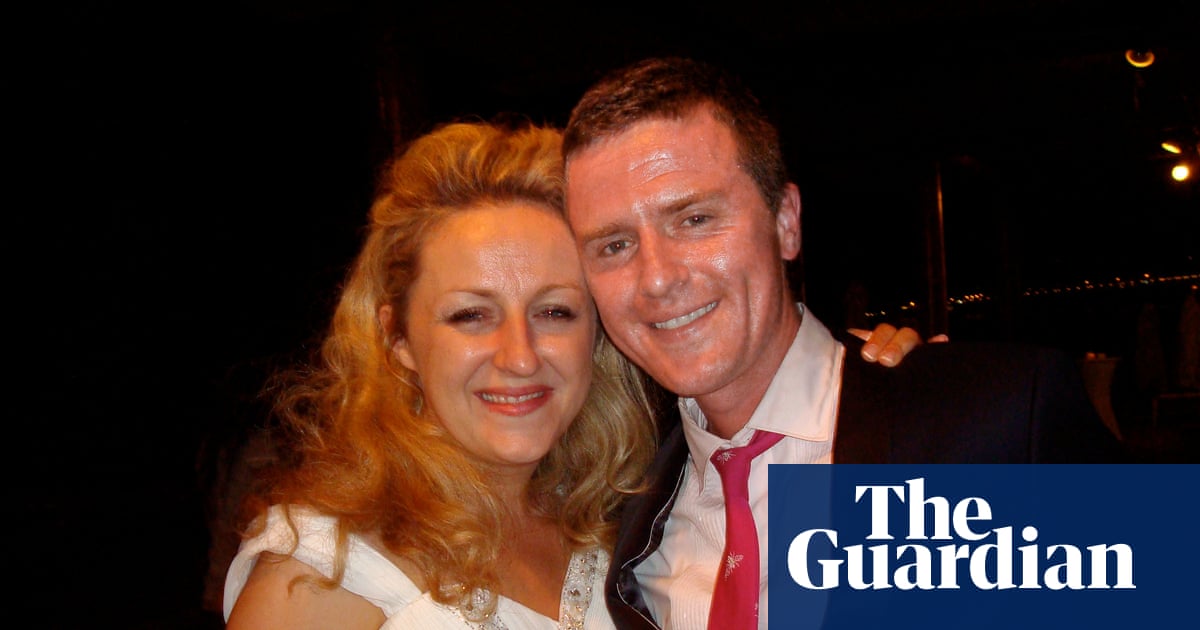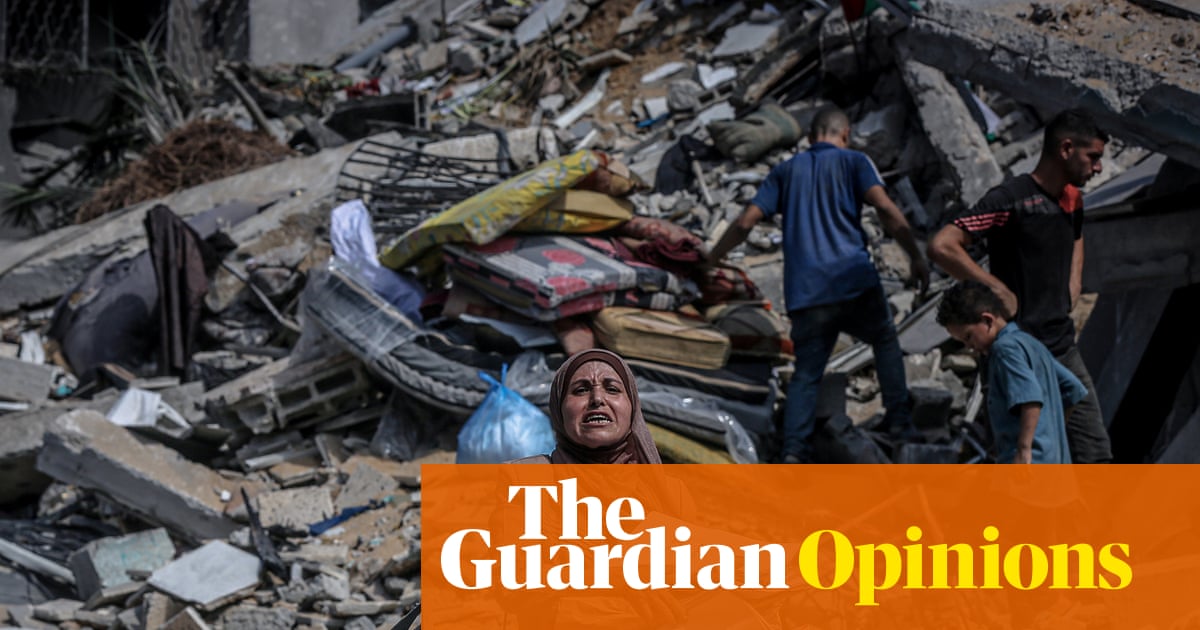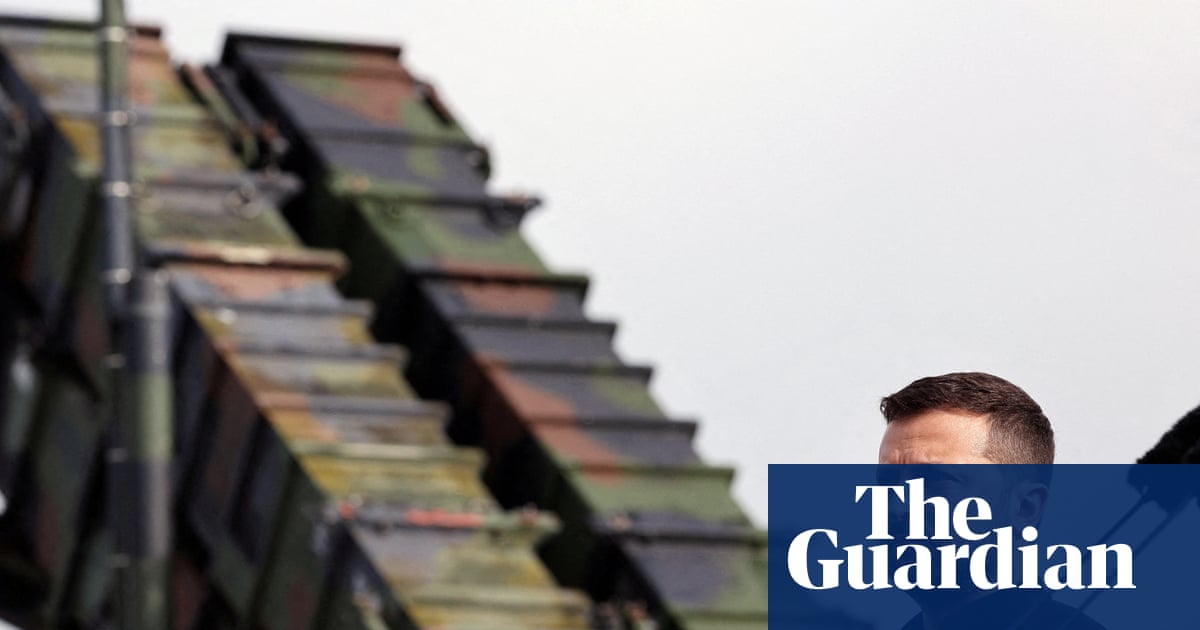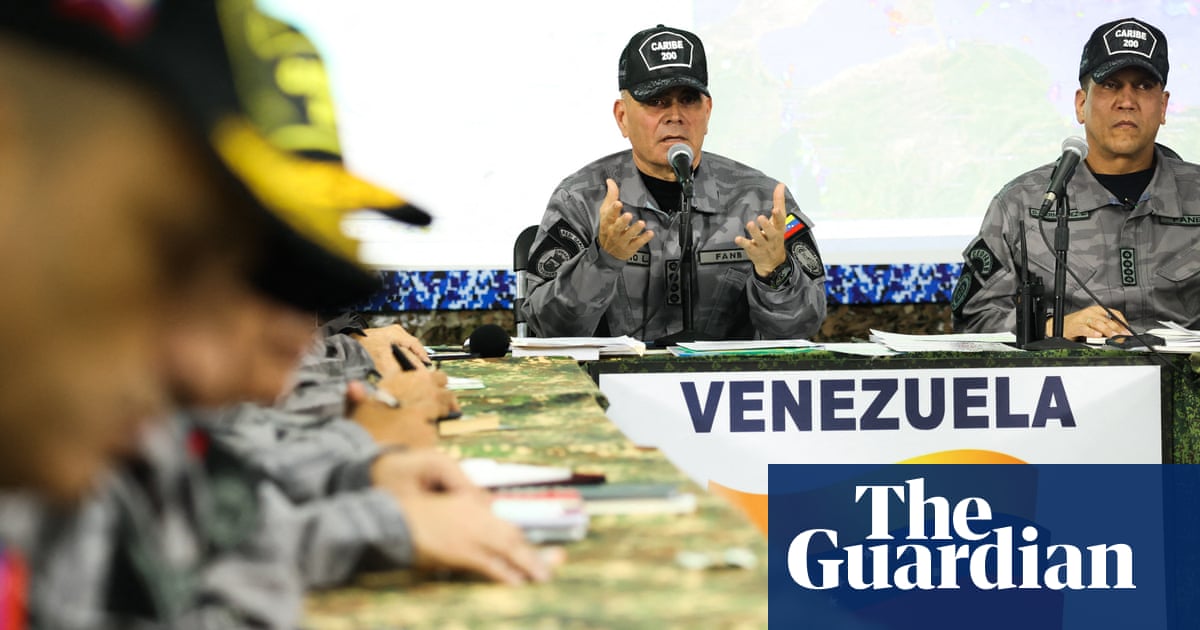Talks between Iran and the US on whether Iran will be allowed to continue to enrich uranium inside the country have ended without an agreement, but apparently without the feared breakdown.
The indirect talks between the two sides were mediated by Oman and held in Rome.
Iran’s foreign minister, Abbas Araghchi, said late on Friday: “I hope that in the next one or two meetings we can reach solutions that will allow the negotiations to progress. With Oman’s solutions to remove obstacles, there is a possibility of progress, but the negotiations are too complex to be resolved in one or two meetings.”
The Oman foreign ministry said in a statement: “We hope to clarify remaining issues in coming days to allow us to proceed towards a common goal of reaching a sustainable and honourable agreement.”
The talks are being held against the backdrop of repeated threats by Israel to strike Iran’s nuclear sites. Israel has long feared Iran is preparing to build a nuclear bomb, and is not, as it claims, pursuing a civil nuclear programme.
Donald Trump has been told by Gulf states that they do not want a further conflict in the Middle East that would be sparked by an Israeli attempt to bomb Iran, and the US president has shown a surprising willingness to reach an agreement with Tehran.
Before the talks the US said it was a red line to prevent Iran undertaking any domestic enrichment, while Iran has insisted that as a member of the nuclear non-proliferation treaty it cannot be singled out by preventing it from continuing with a programme of domestic uranium enrichment.
It has offered to put strict limits on the size of its stockpile and the purity of the uranium.
The starkness of the public differences on both sides concerning enrichment led observers to fear that this fifth round of talks would lead to a collapse with unpredictable consequences for the Middle East.
But although Oman did not immediately set a date for the next talks, there seemed to be a consensus that a further round would occur. Oman’s foreign minister, Badr Albusaidi, said on X there had been “some but not conclusive progress”.
Countries such as the United Arab Emirates that have a small nuclear programme based on imported uranium have suggested Iran could follow this example by importing the required uranium, but Iran regards its position as different since it has had to undertake so much sacrifice in the form of US economic sanctions to pursue what it says is a peaceful civil nuclear programme. It believes it has a sovereign right to enrich uranium, and points out Israel has an undeclared nuclear weapon that the US does not demand it relinquish.
Some mediators suggested as an alternative that Iran could pause enrichment for a fixed period, or that in addition to enriching domestically it could form a civil nuclear consortium with Saudi Arabia, so providing extra reassurance and knowledge about the nature of its domestic programme.
For reasons not yet clear, Steve Witkoff, the US chief negotiator, left the meeting early, and the US, unlike Iran, issued no immediate statement on the talks. Before the meeting Witkoff had met Israeli officials, including the head of Mossad, David Barnea, as he had in the context of previous negotiating sessions with Iran.

 3 months ago
86
3 months ago
86
